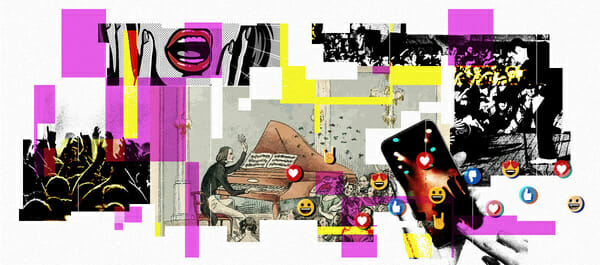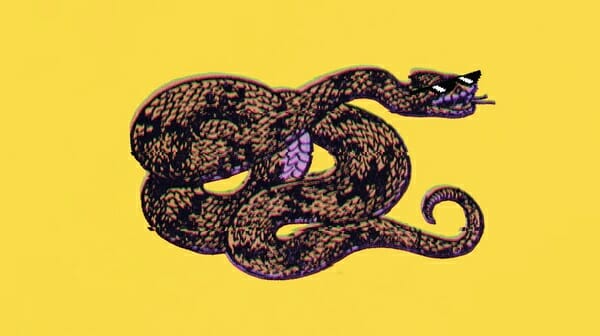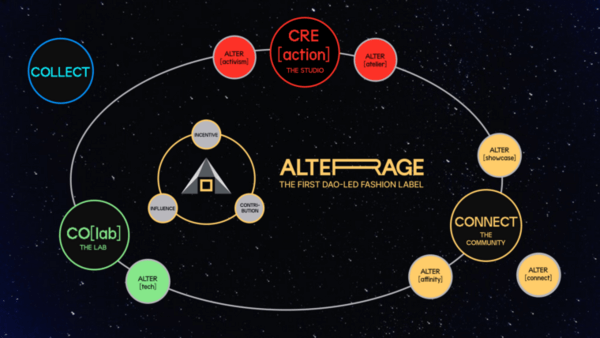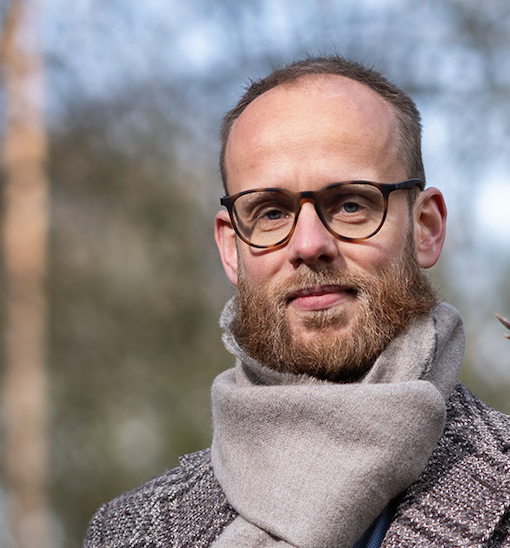
On the 15th of October our book “Real Fake – Playing with Reality in the Age of AI, Deepfakes and the Metaverse” has been released. It is our take on synthetic media, deepfakes, fake news, conspiracy theories, memes, internet culture, Generation Z and Alpha, crypto, narrative economics, virtual humans, CGI influencers, vTubers, NFTs, DAOs, VR, Web3, the Creator Economy and the Metaverse. Real Fake is about how humans continuously manipulate reality and how new digital technology tools enable us to go one step further in this ancient game.
Fandom Hasn’t Changed, Its Power and Influence Has

“It is the era of Fan Rule, a time when fans have learned that they can do far more than get together to scream at their idols as in the past. They can actually organize to make a difference. […] Fandoms provide a sense of belonging and a sense of identity in a way they never have before. Though the fan’s relationship to the object of fandom is considered “parasocial”—that is, one-sided—fans can have very social relationships with other fans in the modern era. […] Fans’ newfound group power, however, can easily morph into something more sinister, warping the very idea of connection into tribalism on a mass scale.”
How Memes Led to an Insurrection

“Meme wars are culture wars that have been accelerated and intensified by the infrastructure and incentives of the internet, which trades outrage and extremity as currency, rewards speed and scale, and flattens the experience of the world, eliminating patience, kindness, and understanding.”
So basically, meme wars turn algorithmic filter bubbles into reality pockets aka pseudorealities, where the difference between fact and fiction, between real and fake, no longer exists and thus attack the foundation of our democracy.
If you want to know about meme wars and their effect on reality, read the article “The Reality Coup” that we’ve written nearly years ago.
For Gen Z, TikTok Is the New Search Engine
“More and more young people are using TikTok’s powerful algorithm — which personalizes the videos shown to them based on their interactions with content — to find information uncannily catered to their tastes. That tailoring is coupled with a sense that real people on the app are synthesizing and delivering information, rather than faceless websites.”
One of the most interesting remarks in the article, are those of Alexandria Kinsey, 24, a communications and social media coordinator: “TikTok’s results “don’t seem as biased” as Google’s, she said, adding that she often wants “a different opinion” from what ads and websites optimized for Google say.”
Jumpstarting Communities Through Tokens
“Tokens represent a powerful new tool for creators to bootstrap audiences and capital. Instead of creating content for free with the hopes of gradually growing an audience and one day being able to monetize it, creators are now able to monetize and build an audience upfront through tokens—and then use that money and that following to produce their content and grow their business.”
Scientists Are Using AI to Dream Up Revolutionary New Proteins
“Huge advances in artificial intelligence mean researchers can design completely original molecules in seconds instead of months.”
Meet Loab: The Terrifying Face The Internet Has Dubbed the First AI Art Cryptid

“An AI art enthusiast has apparently stumbled across a creepy, recurring image – now known as Loab – which appears to be more easily generated than you’d ever expect (or want). The Internet has now dubbed Loab the first AI art cryptid.”
To DAO Or Not To DAO

This article and interview with Lauren Kacher gives a sobering behind-the-scenes in the niche concept of a DAO Fashion Brand. Kacher is a phygital fashion pioneer, the founder of ALTERRAGE DAO the first DAO-led fashion label:
“A DAO is super complex; it’s no longer about projects or fulfilling a strategy or a timeline, it is about putting people first before the profit and this is one of the main reasons it is so complicated.”
“To have a decentralized approach is to add complexity: now you have more voices, with different opinions and interpretations of the DAO. And what is important, as in any business, is to create a strategy.
In the beginning you still need some form of hierarchy, as without this people will have a hard time understanding how to take initiative and aligning on the actions they are going to take.”
‘Quest Pro’ video shows Meta’s next VR headset a month before its launch event

“Images and, later, a video of a “Meta Quest Pro” virtual reality (VR) headset surfaced online, posted on Facebook by Ramiro Cardenas, who claims the device was left in a hotel room […]. The device shown resembles the Project Cambria headset Meta has been publicly teasing since late last year and looks like the one spotted in leaded setup videos.”
Chess Is Just Poker Now
“How neural network chess engines redefined the game’s creativity, leading some top players to use deception, misdirection, and other psychological techniques.”
MUST WATCH: The REAL fight over AI art
MUST WATCH: Simon, Sofia, And Heidi Perform With Elvis on America’s Got Talent
MUST WATCH: Robot Crashes Crime Scene
Contact
Real Fake is a weekly newsletter in which SogetiLabs’s Research Institute VINT examines the future where synthetic reality becomes part or our objective reality. We investigate the impact of new technology on people, organisations and our society. If you have any questions or comments, do not hesitate to contact us. You can reach us at vint@sogeti.com.

 English | EN
English | EN 